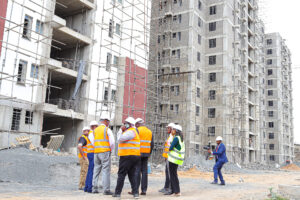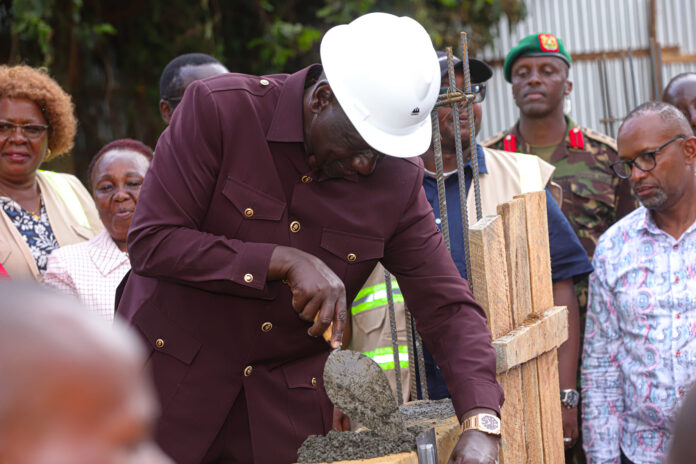President William Ruto’s affordable housing initiative faces criticism from the Parliamentary Budget Office (PBO). According to PBO, the scheme disproportionately benefits high-income earners, undermining its intended goal of aiding lower-income citizens.

Photo: State Department of Housing and Urban Development – Kenya.
Source: Facebook
The PBO highlights discrepancies in fund allocation, revealing that while individuals earning up to Sh149,000 per month constitute 77 percent of Kenya’s workforce, they receive only 60 percent of the funds allocated for housing development. Conversely, the 23 percent of Kenyans earning above Sh149,000 monthly receive 36 percent of the funds, indicating a skewed distribution favoring higher earners.
Homa Bay Tragedy: Two Grade 3 Pupils Drown Moments after being Sent to Collect School Fees
The Affordable Housing Bill of 2023 divides funds collected from the Housing Levy into three categories: social housing projects (for those earning below Sh20,000 monthly), affordable housing projects (for incomes between Sh20,000 and Sh149,000), and institutional housing projects (for incomes exceeding Sh149,000). However, the PBO notes that the majority of employed Kenyans fall within the social and affordable housing brackets, yet these groups receive a lower share of the funds.
Furthermore, the PBO expresses concern over the potential misuse of unused funds, as the bill lacks clarity on how these should be handled at the end of each financial year, contradicting provisions of the Public Finance Management Act, 2012.
As legal challenges mount against the housing initiative, with the Court of Appeal upholding a decision to halt the collection of the Housing Levy, which has accrued Sh26.8 billion since its implementation in July last year, the PBO urges revisions to the legislation. Notably, it recommends that beneficiaries of the housing units should be active contributors to the levy, a criterion not currently included in the bill.
Mama Mboga Travels From Nairobi to Pastor Ezekiel’s Church in Mombasa with 6 Million in a Sack
In light of these findings, the PBO’s report underscores the need for a more equitable approach to the affordable housing scheme, ensuring that it serves its intended purpose of providing housing solutions for Kenya’s most vulnerable populations.



[…] President Ruto’s Affordable Housing Scheme Favors the Wealthy, Warns Parliament Budget Office […]